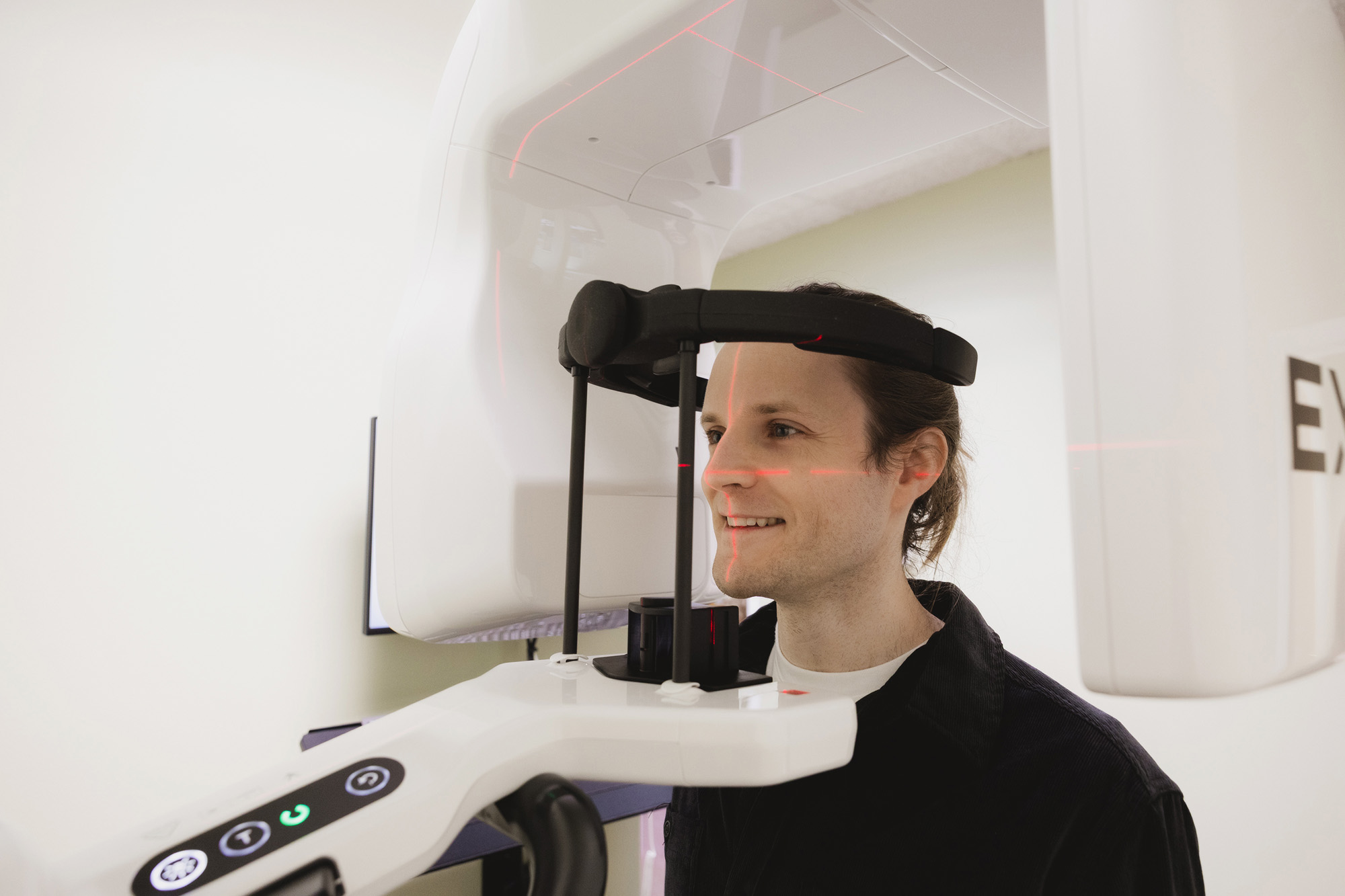

At Bloomsburg Family Dentistry, we place a strong emphasis on maintaining oral health with preventive and general dental care. In addition to preventing tooth decay and cavities, one of the main reasons preventive dental care is so important is that it can prevent periodontal disease.
Also called gum disease, periodontal disease is a bacterial infection of the gums. Periodontal disease develops when plaque and tartar harden on the surfaces of the teeth into a substance called calculus. This hard biomatter accumulates over time and pushes the gum tissues away from the tooth enamel. This creates dark, moist pockets between the teeth and the gums where harmful bacteria thrive.
Periodontal disease can result in a variety of signs and symptoms that become increasingly serious and severe as the infection worsens. These signs and symptoms include:
There are four primary stages of periodontal disease which are split into two categories: gingivitis (reversible) and periodontitis (chronic). They are categorized by the depth of a patient's gingival pockets, the symptoms present, and the severity of those symptoms.
You might notice that your gums bleed a little when you brush or floss, but most patients don't realize they have gingivitis until they visit the dentist for a cleaning and examination. At this stage, gum disease can still be reversed with good oral hygiene and proper care.
In the first stage of periodontitis, bacteria have spread beneath the gums and begin affecting the underlying anatomy. Patients experience gum recession, irritation, and sensitivity. Once periodontitis is established, it cannot be reversed.
As periodontal disease progresses, the bacteria begin to erode the periodontal ligaments that support the teeth. Patients might experience more severe pain, have pus between their teeth, and notice that their teeth begin to feel loose.
In advanced periodontal disease, the bacterial infection causes bone degeneration and eventually leads to tooth loss.
Our dentist in Bloomsburg takes all stages of periodontal disease seriously because periodontal disease has the potential to cause significant harm not only to the teeth and gums but also throughout the whole body.
Left unaddressed, the harmful bacteria that cause periodontal disease can enter a person's bloodstream, leading to inflammation throughout the body and even putting a person at risk of sepsis (a blood infection). Additionally, periodontal disease has been strongly correlated to an increased risk of several serious systemic health problems, including:
Additionally, patients should understand that having issues like diabetes or heart disease can also increase the risk of developing periodontal disease. So, it is important to share your medical history with our dentist so that we can provide you the best dental care to meet your individual health needs and minimize your risk of complications.
Prevention is best since periodontal disease cannot be reversed once it has progressed beyond the first stage (gingivitis). Periodontal disease is best prevented by maintaining good oral hygiene habits at home and visiting the dentist for professional cleanings regularly to keep plaque, tartar, calculus buildup, and harmful bacteria at bay.
When periodontal disease progresses beyond the first stage, it becomes a chronic health issue that cannot be cured. With treatment, however, it is possible to manage periodontal disease, prevent it from progressing, and avoid more serious health complications from occurring.
A wide array of treatments can be used to address and manage periodontal disease, including:
The type of periodontal disease treatment that's right for you will depend on how advanced your periodontal disease diagnosis is, your medical history, risk factors, and other personal considerations. Our dentist in Bloomsburg can work with you to determine the most appropriate treatment plan for managing periodontal disease while safeguarding your oral and general health.
At Bloomsburg Family Dentistry, we work with all of our patients, closely monitoring their gum health at every cleaning and examination. We do our best to help patients prevent periodontal disease. Despite our best efforts, however, periodontal disease can sometimes still occur. If you have been diagnosed with gingivitis or periodontal disease, we can provide you with a comprehensive, personalized treatment plan designed to address these issues, manage the infection, and prevent more serious complications from occurring.
To learn more about periodontal disease or to request an appointment with our doctor in Bloomsburg, we welcome you to contact our office today.